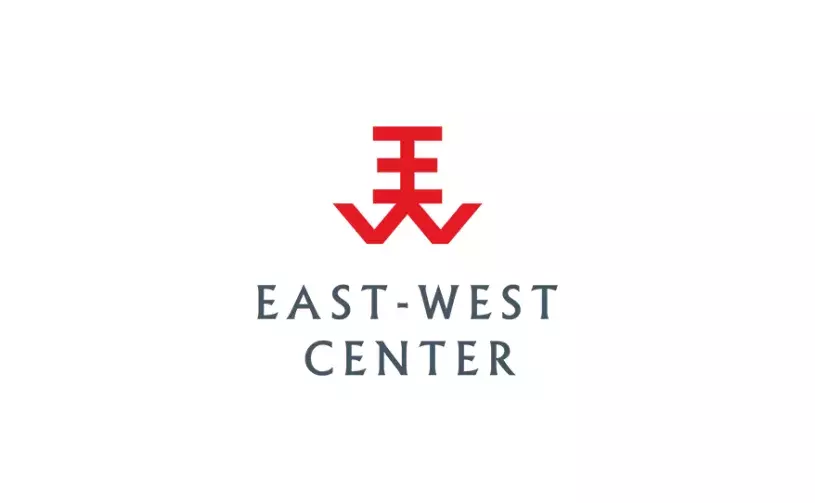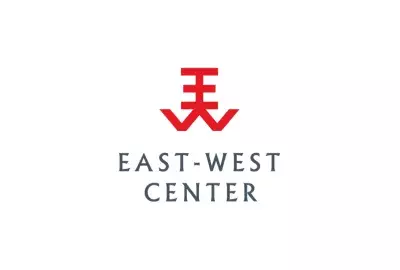Error message

This paper analyzes the use of proprietary technology in key ICT standards, an important challenge for standards policy. However, the gaming and the loopholes between standardisation and patent system leave enough space for extreme individualist optimisation strategies, and thus considerable rent seeking. Thus, civil society and governments increasingly doubt that the existing regulatory frameworks may guarantee a smooth functioning of both systems in the future. However, strong-handed governmental interventions may lead to de facto trade protectionism and serious geopolitical frictions, according to the European Patent Office's (EPO) Scenarios for the Future analysis.
To avoid the worst case scenario, patent authorities should depart from their traditionally reluctant stance and assume a more pro-active role in this field. They can improve governance by increasing transparency and promoting respect of the rules at the interface of the patenting and standardisation process. To achieve this, a structured cooperation and exchange of per se public information between patent and competition authorities as well as formal standardisation bodies is necessary.
This paper analyzes the use of proprietary technology in key ICT standards, an important challenge for standards policy. However, the gaming and the loopholes between standardisation and patent system leave enough space for extreme individualist optimisation strategies, and thus considerable rent seeking. Thus, civil society and governments increasingly doubt that the existing regulatory frameworks may guarantee a smooth functioning of both systems in the future. However, strong-handed governmental interventions may lead to de facto trade protectionism and serious geopolitical frictions, according to the European Patent Office's (EPO) Scenarios for the Future analysis.
To avoid the worst case scenario, patent authorities should depart from their traditionally reluctant stance and assume a more pro-active role in this field. They can improve governance by increasing transparency and promoting respect of the rules at the interface of the patenting and standardisation process. To achieve this, a structured cooperation and exchange of per se public information between patent and competition authorities as well as formal standardisation bodies is necessary.





